Developing World Connections - Volunteering in Rwanda
- Rwanda
- Kigali
About Program
Volunteer with DWC in Rwanda to make a difference in the lives of rural villagers. Just visiting Rwanda with the intention to volunteer and help is an important sign of faith and solidarity for Rwandans after years of civil war. Volunteers work with Grace Rwanda, an organization that promotes literacy, education and rebuilding efforts in Rwanda.
The current project involves building a training centre in Kigali, the capital of Rwanda. No special skills are required. This project is expected to take years to complete, but each phase is important in creating the final building.
After you're done volunteering, we recommend you visit the Genocide Museum in Kigali or take an excursion in the Parc National des Volcans, the last sanctuary of the endangered mountain gorilla.

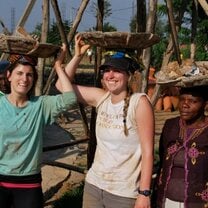
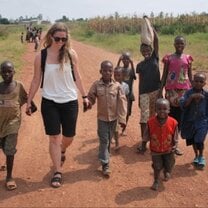
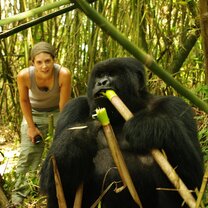
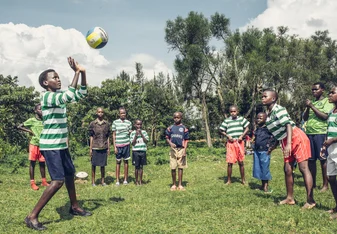
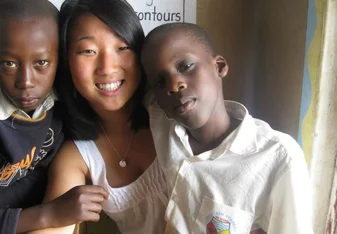



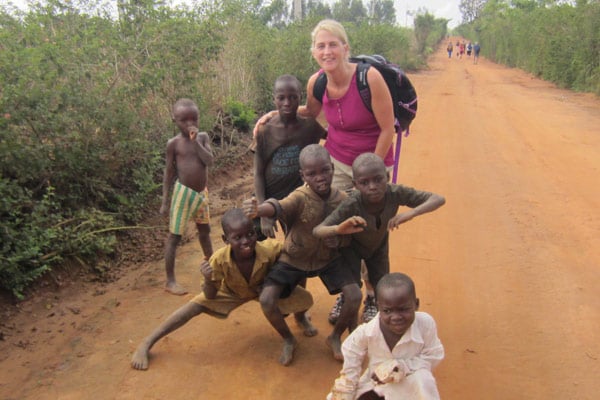
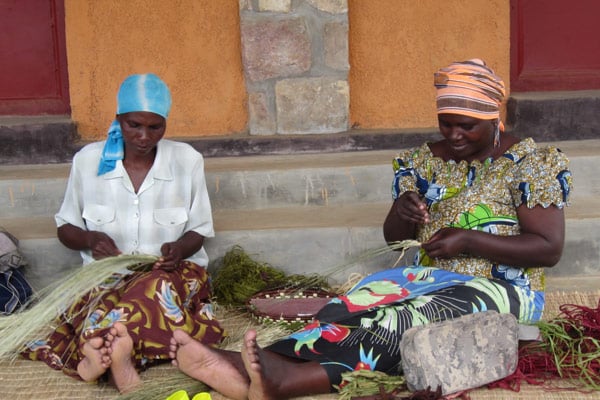


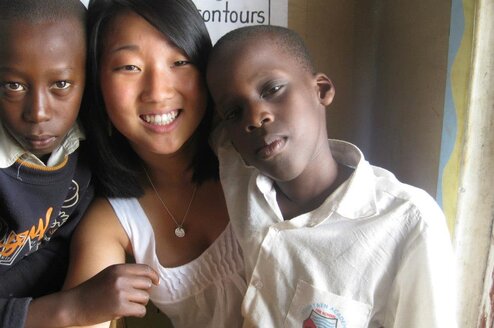

Response from Developing World Connections
We thank Allen for taking the time to submit his comments on his Rwanda trip. Grace Rwanda is a new partner with DWC and there have been some growing pains along the way. We are working with Grace Rwanda to resolve those issues.
Concerning the comments about undercutting, DWC does not try to slash team costs. The funds allocated for meals and hotel were standards used for other trips in Rwanda and other countries.
DWC chooses team leaders who have experience in the countries where they will be leading. In this case, we knew we had a highly organized team leader who had been to Rwanda and who has a track record of leading not just with us, but with other organizations as well.
DWC is in the process of upgrading its pre-trip preparation for volunteers and team leaders. We review feedback from volunteers like Allen and team leaders to keep improving the experiences we offer. While the vast majority of our trips run smoothly and reviews are hugely positive, there is the occasional case where that doesn’t happen. We are committed to making every trip as enjoyable and memorable as possible for each volunteer. We regret that Allen did not feel DWC held up its end of the bargain.
- The team at DWC